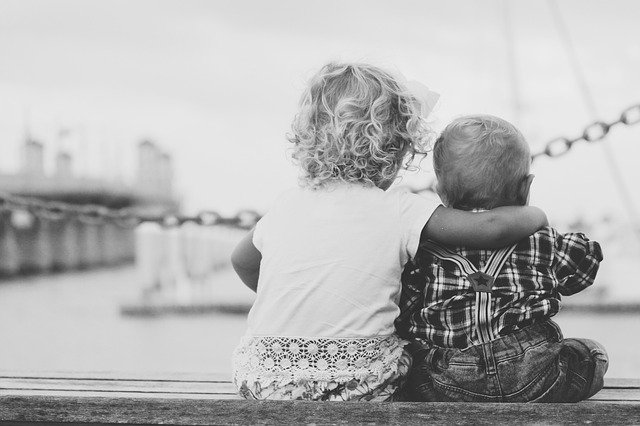Helping your child with their social skills from a young age will make it easier for them to communicate with others as they get older, which is an important skill as they enter the world of work, or even higher education. In fact, it’s not just in adulthood that social skills benefit us; they’re also necessary to help a child form strong relationships with their school peers and will really help with their confidence.
Many children are naturally very sociable, while others take a little longer to come out of their shell and develop these invaluable skills. Here’s some advice from a prep school in Buckinghamshire to help your assist your child’s social development.

It’s worth practising conversation starters with your child, as this is often the most daunting part of meeting someone new. Let your child know that asking lots of questions can help to keep a conversation going, as long as the questions aren’t too personal. Show them some examples like “Do you have any siblings?” or “How long have you lived in the area?”. Remind your child that listening is just as important as talking when having a conversation, and that it’s rude to interrupt.
Be sure to arrange plenty of playdates when your child is young so that they can become comfortable with social situations in an environment where they feel safe. Introduce them to many different types of people, both old and young, so they become familiar with chatting to anyone, anywhere. Take a step back and allow your child to navigate social situations without your help from time to time, as they need to be able to hold a conversation without their parents prompting them.

Always aim to be a good role model by demonstrating excellent social skills around your child. Have good manners so that your child can learn to behave respectfully. If you get angry or say something you regret either to or in front of your child, be sure to apologise after so that they can learn how to handle any missteps. After all, we are all only human and sometimes we can lose our temper.
